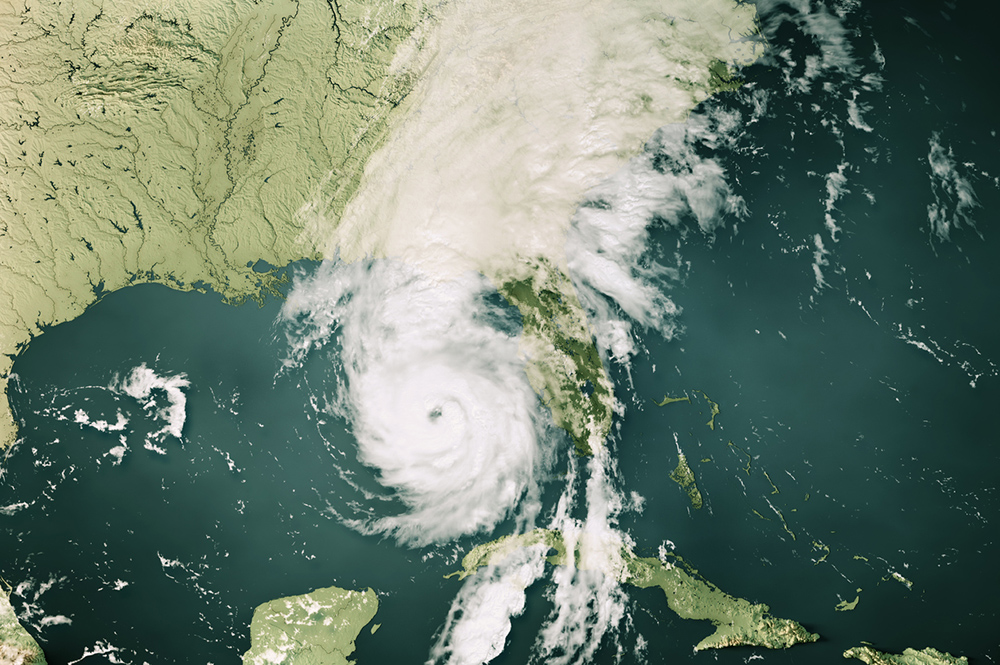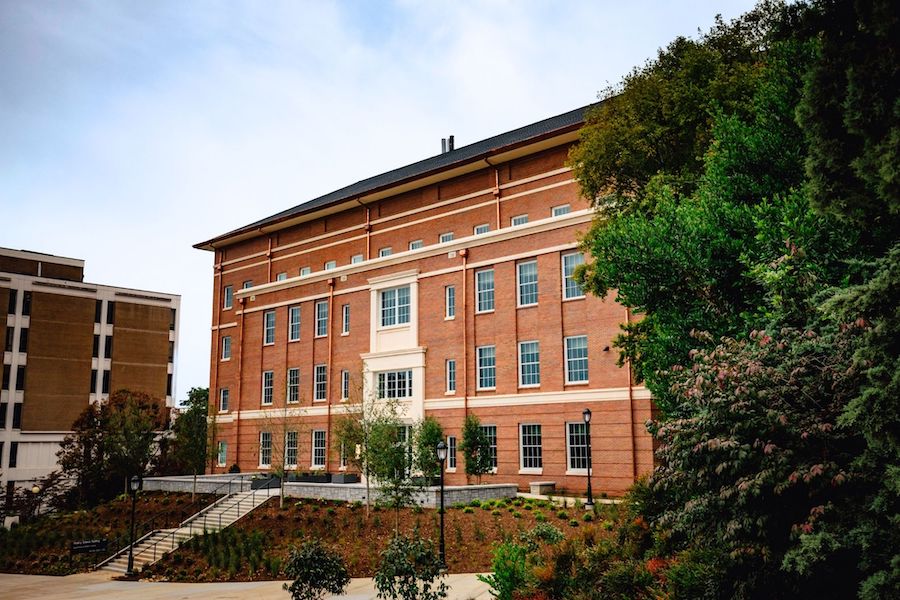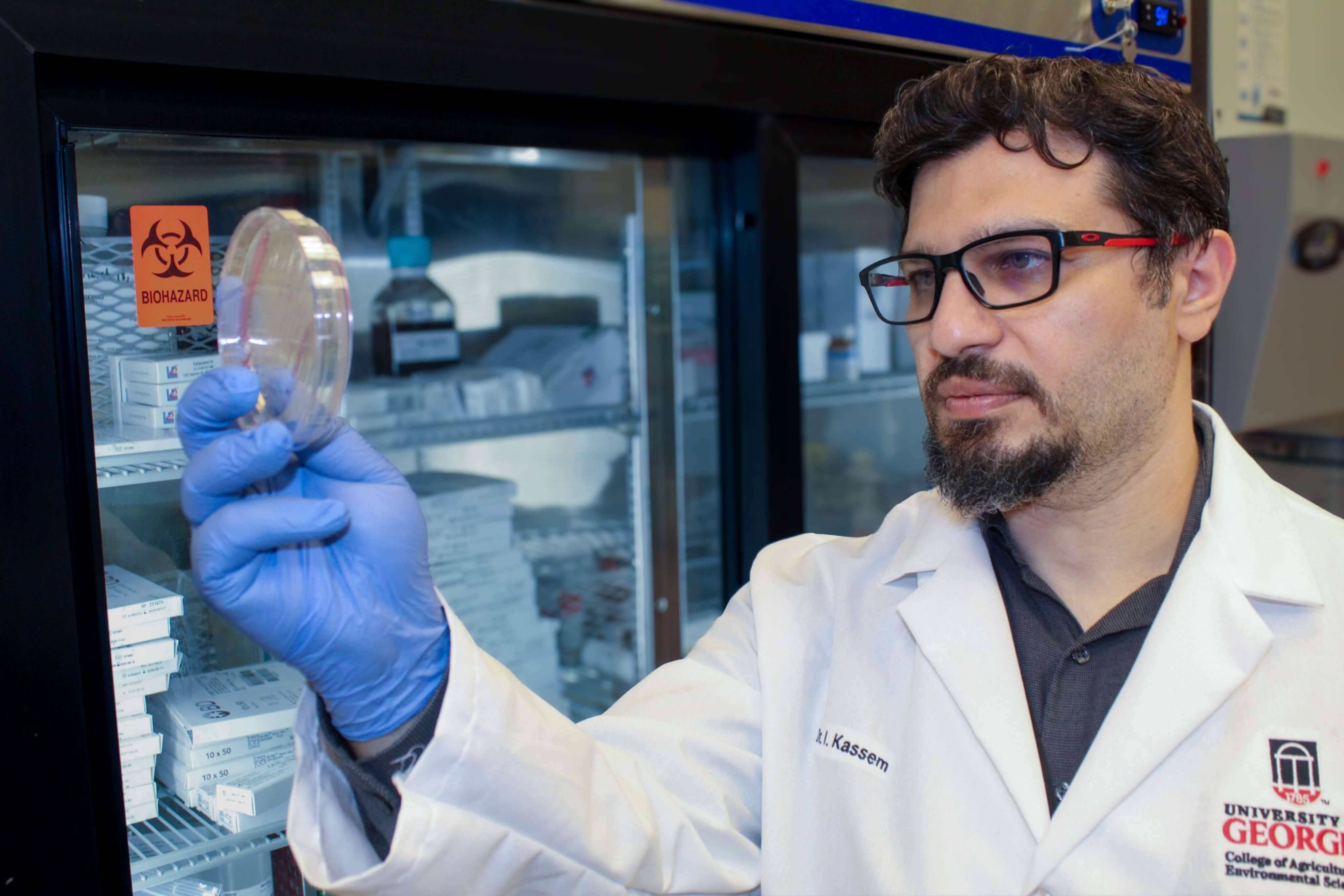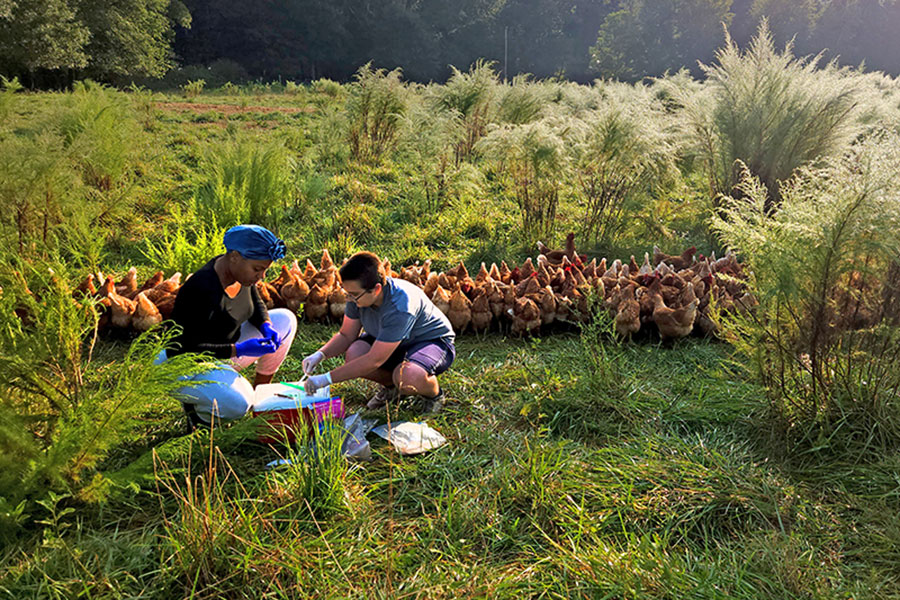Farmers can’t control when drought, a late freeze or violent crop-wrenching storms will affect their fields, but they can be prepared when those disasters come knocking.
That’s where newly minted University of Georgia agricultural climatologist Pam Knox comes in. Knox, who has been studying climate at UGA for 11 years, started her new position as Extension agricultural climatologist July 1.
She’ll be working with a team of researchers in the UGA College of Agricultural and Environmental Sciences who are studying changes in Georgia’s climate and helping farmers find ways to adapt to those changes.
Knox will also serve as a clearinghouse for information about current and historical weather patterns and offer some analysis of how those conditions may affect Georgia’s largest industry — agriculture.
“If Extension agents are helping someone with a crop insurance claim, then I can provide them with the data that they’ll need to process that, or if a researcher in the college needs data for a crop model that they are running — I can provide that,” Knox said. “It’s my goal to really be a resource for Extension agents and the college in that way.”
Another part of this new job includes keeping abreast of research concerning the relationship between agriculture, climate change and climate trends and relaying that information to Extension agents in Georgia’s counties.
Knox is one of a handful of researchers working under a USDA grant program to try to find ways to help livestock and poultry producers adapt to new weather patterns that might emerge because of climate change.
“In the Southeast, we are more interested in how our animals will respond higher temperatures as well as changes in water management with more extreme droughts and floods,” said Mark Risse, a UGA agricultural systems researcher who his leading UGA’s agricultural climate team.
“As a region, the South is predominately poultry, so we will look heavily at the poultry industry and how climate changes will impact that industry. Then we will focus on how to best equip producers with management practices to adapt to these changes.”
Risse, Knox and their team are working with the Southeast Climate Consortium to develop climate projections that may affect animal agriculture. The consortium — made up of researchers in Florida, Alabama, South Carolina and North Carolina — is predicting more weather similar to the droughts and violent flooding Georgia has seen over the past few years.
The Southeast Climate Consortium currently maintains the agroclimate.org website as a source of climate information for farmers, and Knox envisions having a Georgia-based website built especially to meet the needs of Georgia farmers.








